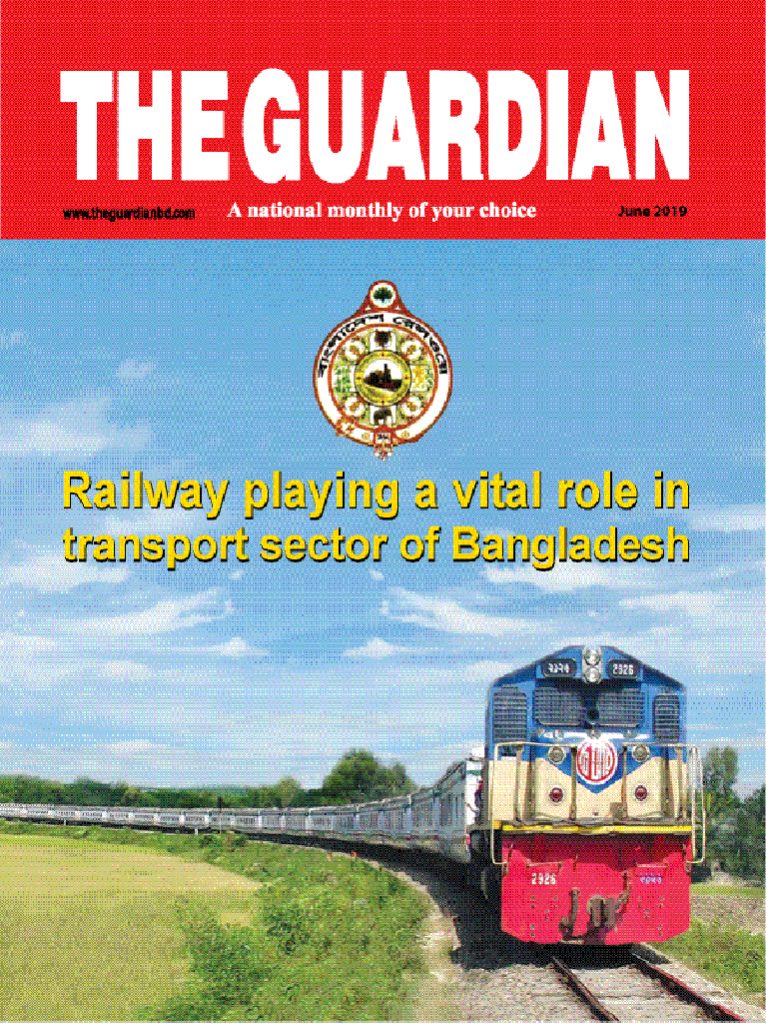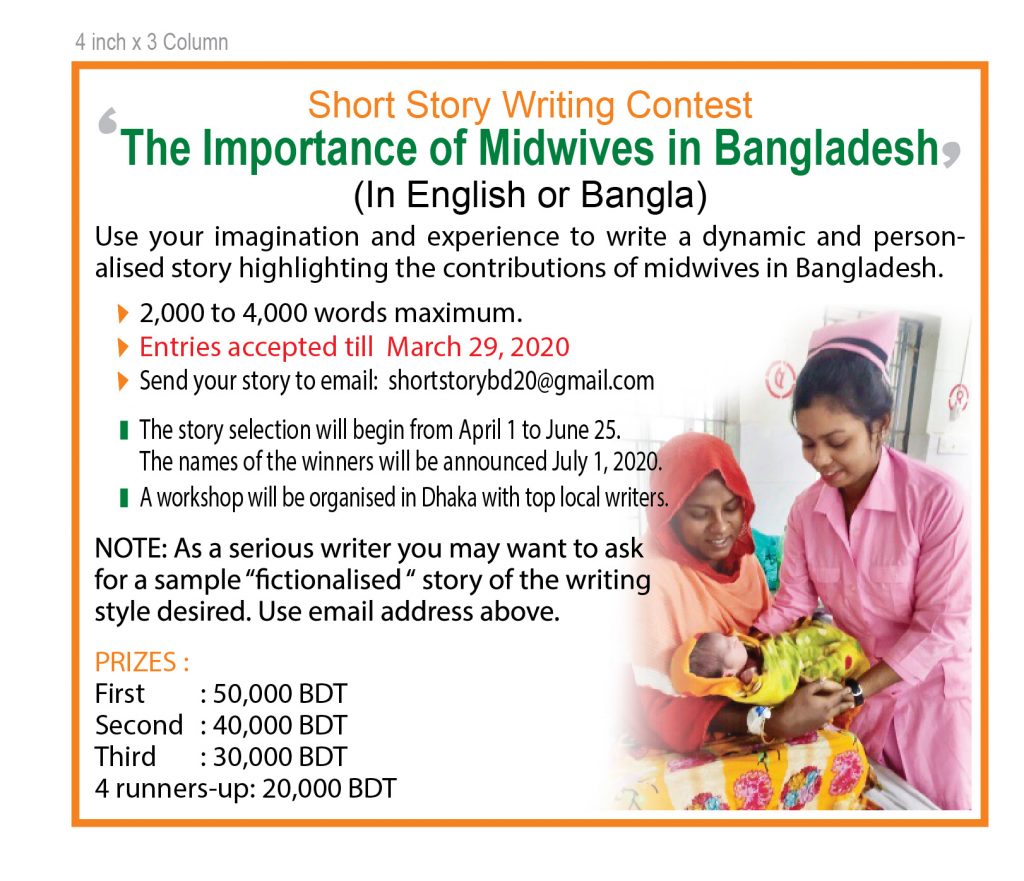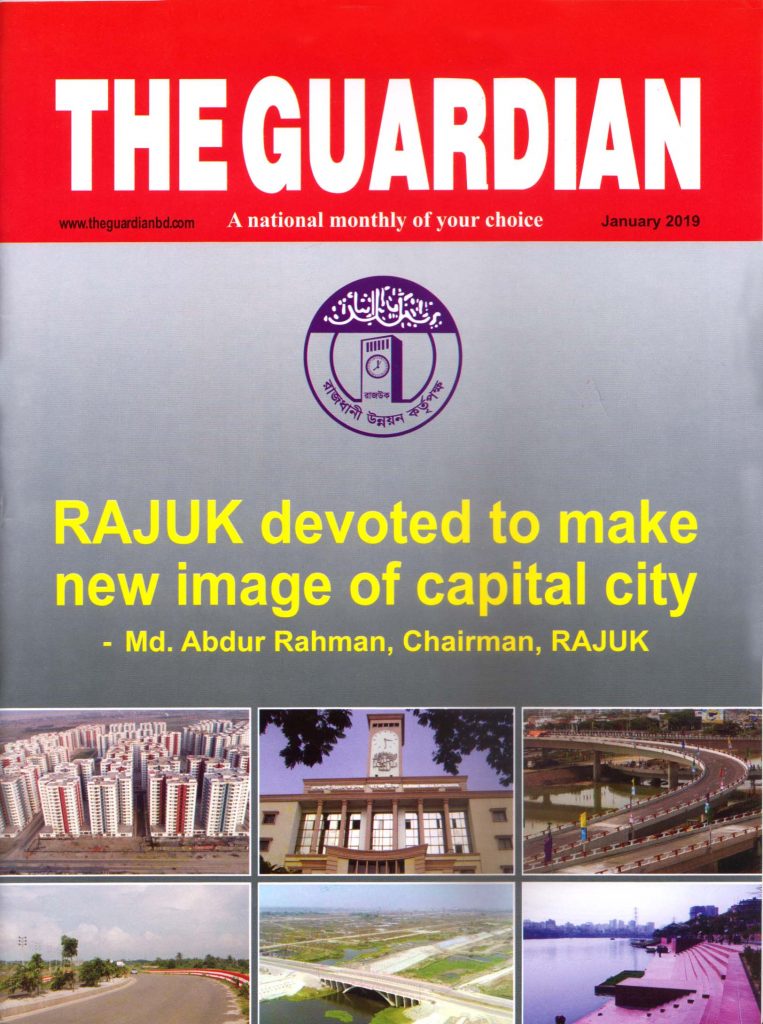Prime Minister Theresa May has arrived at the White House for talks with US President Donald Trump.
They posed for photographs in front of a bust of Sir Winston Churchill – which Mr Trump pointed to, saying it was “a great honour” to have it back.
The new president had the bust restored to the Oval Office after it was removed by former president Barack Obama.
Mrs May smiled and told him: “Thank you, we were very pleased that you accepted it back.”
They will spend about an hour together – the first visit by a foreign leader since Mr Trump became president.
- LIVE: Updates as Theresa May visits US
- Laura Kuenssberg: Do opposites attract?
- First meetings: PMs and presidents
Strengthening US-UK ties, trade and foreign affairs are likely to be high on the agenda.
Although the UK cannot begin to negotiate trade deals until it leaves the EU, Mr Trump has said he wants a “quick” deal after that.
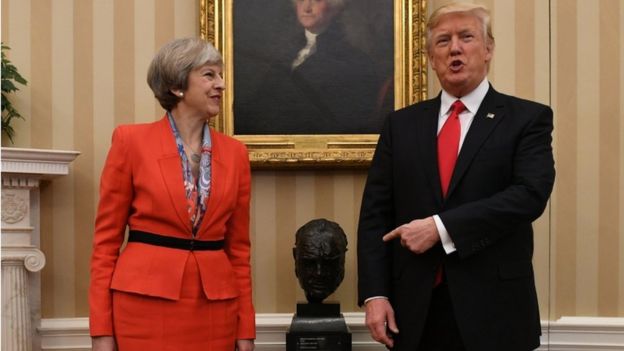
Chancellor Philip Hammond stressed the UK would abide by EU rules on trade talks, when he arrived in Brussels for talks on Friday.
“Of course we want to strengthen our trade ties with the very many partners we have around the world but we are very mindful of our obligations under the treaty and we will follow them precisely,” he said.
Mrs May laid a wreath at the Tomb of the Unknowns at Arlington National Cemetery ahead of her talks with President Trump.
In a speech to US Republicans on Thursday, Mrs May said she wanted to “renew the special relationship” between the UK and America.
She said the two countries “must always stand up for our friends and allies in democratic countries that find themselves in tough neighbourhoods too”, to applause from her audience.
But she told US Republicans the UK and US could not return to “failed” military interventions “to remake the world in our own image”.
Tony Blair’s former chief of staff Jonathan Powell said Mrs May “seemed to contradict herself” by warning against foreign intervention, but then saying the US and UK must uphold their values around the world.
He said “it would be a mistake to encourage Donald Trump to be isolationist” when he was already talking about “America first”, he said.
National interest
But Defence Secretary Sir Michael Fallon told BBC Radio 4’s Today programme:”What she’s made clear, in future, is that where we are going to commit British troops, there has to be a very real threat to our country.
“It has to be in the British national interest that we intervene in these countries… We should not simply embark on foreign adventures for the sake of it.”
Analysis
By BBC political editor Laura Kuenssberg
Last night Theresa May signalled a turn away from US and British foreign policy of recent years – military interventions into countries like Afghanistan and Iraq.
But also, she urged President Trump not to turn America’s back on the world and not to allow the rise of Asian nations to “eclipse the West”.
For the president who has vowed again and again to put “America First”, it was an effort to persuade – if not outright criticism. Yet she also heaped praise on Donald Trump’s victory.
Well aware of the dangers, Theresa May is nothing if not ambitious for her relationship with her new political friend.
US Congressman Kevin Cramer, who was in the audience for Mrs May’s speech on Thursday, told the BBC: “As I was watching her, and listening to her, I thought, ‘Is this Donald Trump’s long lost sister?’
“There were real similarities, while at the same time, clearly a different take on certain global issues.”
The speech followed comments by UK Foreign Secretary Boris Johnson to a House of Lords committee on Thursday that Bashar al-Assad should be allowed to run for election to remain in power in Syria – a reversal of UK foreign policy.
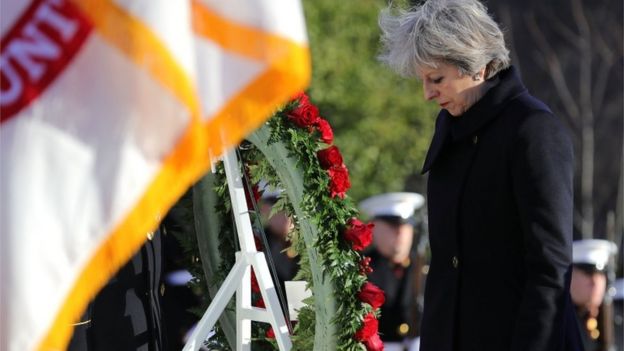
Mr Johnson told the committee that Britain might have to “think afresh” about how to handle the Syrian crisis and had failed to enforce its “mantra” that “Assad must go”.
He said: “I see downsides and I see risks in us going in, doing a complete flip flop, supporting the Russians, Assad.
“But I must also be realistic about the way the landscape has changed and it may be that we will have to think afresh about how to handle this.”
On Thursday, the prime minister also spoke in support of Nato – which Mr Trump has called “obsolete” – and the Iran nuclear deal, which Mr Trump threatened to scrap during his campaign.
On dealing with Russia’s President Putin, Mrs May said: “My advice is to engage but beware.”
For Labour, Shadow Health Secretary Jonathan Ashworth said Mrs May had not ruled out including health services in any future trade deals.
He added: “Labour will oppose any attempt to sell off our health service. The prime minister needs to urgently confirm that a rushed trade deal with President Trump will not be a Trojan horse for NHS privatisation.”
Asked about whether the NHS was off the table in any trade talks, Mrs May told journalists: “As regards the NHS, we’re very clear as a government that we’re committed to an NHS that is free at the point of use.”
The visit comes amid controversy over comments by President Trump about waterboarding.
He told ABC News on Wednesday that after he asked intelligence officials if torture “works” he was told, “‘Yes, absolutely.'”
Mrs May has said the UK condemns torture and told journalists: “My view on that won’t change – whether I am talking to you or talking to the president.”






